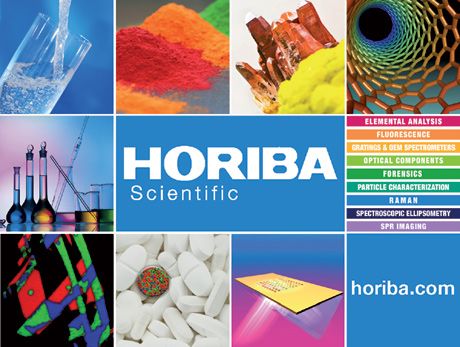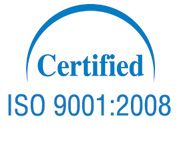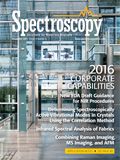HORIBA Scientific
Company Description
HORIBA Scientific is the world-leading manufacturer of high performance optical spectroscopic instrumentation and photonics components. Our products offer unsurpassed sensitivity, precision, performance, and capabilities.

HORIBA Scientific offerings encompass elemental analysis, fluorescence, forensics, GDS, ICP, particle characterization, Raman, spectroscopic ellipsometry, sulfur-in-oil, water quality, XRF, and OEM spectrometers. We also provide components, custom and OEM solutions, and worldwide support.
Our global team is dedicated to providing researchers with the highest quality products and solutions by integrating and aligning HORIBA's core strengths of scientific research, development, applications, sales, service, and support.
Prominent acquired brands include Jobin Yvon, IBH, SPEX, Instruments S.A., ISA, Dilor, Sofie, SLM, Beta Scientific, Photon Technology, Inc. (PTI), and Optical Building Blocks (OBB).
Chief Spectroscopic Techniques Supported
- Atomic emission spectroscopy (ICP, GD-AES)
- Ellipsometry and thin film analysis
- Fluorescence spectroscopy and microscopy
- Forensic science
- Mass spectrometry (GD TOF-MS)
- Optical spectroscopy
- Raman spectroscopy and microscopy
- SPRi
Markets Served
- Academia
- Bio
- Chemicals
- Environmental
- Forensic science
- Government
- Homeland security
- Life sciences
- Medical
- Metals
- Nanotechnology
- OEM
- Optoelectronics
- Paint/pigments
- Petroleum
- Pharmaceuticals
- Photovoltaics
- Plastics, polymers, and more
- Semiconductors
- WEEE/RoHS
Major Products/Services
- Elemental analyzers (C/S/O/N/H) and sulfur analyzers for petrochemicals
- Ellipsometers
- End-point detectors
- Fluorescence
- Forensic light sources and imaging devices
- Glow Discharge - OES
- Glow Discharge TOF-MS
- Gratings
- ICP-AES
- Lifetime fluorescence
- Microscopy
- OEM components
- Particle size analyzers
- Process control
- Raman and FT-IR
- Spectrographs
- Spectrometers and CCDs
- Spectroscopic training and support
- Surface Plasmon Resonance imaging (SPRi)
- TCSPC
- VUV equipment
- X-ray fluorescence
Facilities
HORIBA Scientific is part of the HORIBA Group, with manufacturing facilities in Edison, New Jersey, as well as in France and Japan. Sales, service, and applications facilities are located around the world.
HORIBA Scientific
3880 Park Avenue
Edison, NJ 08820
TELEPHONE
(732) 494-8660
FAX
(732) 549-5125
E-MAILinfo.sci@horiba.com
WEB SITEwww.horiba.com/scientific
NUMBER OF EMPLOYEES
700
Elsewhere: 5000
YEAR FOUNDED
1819


LIBS Illuminates the Hidden Health Risks of Indoor Welding and Soldering
April 23rd 2025A new dual-spectroscopy approach reveals real-time pollution threats in indoor workspaces. Chinese researchers have pioneered the use of laser-induced breakdown spectroscopy (LIBS) and aerosol mass spectrometry to uncover and monitor harmful heavy metal and dust emissions from soldering and welding in real-time. These complementary tools offer a fast, accurate means to evaluate air quality threats in industrial and indoor environments—where people spend most of their time.
NIR Spectroscopy Explored as Sustainable Approach to Detecting Bovine Mastitis
April 23rd 2025A new study published in Applied Food Research demonstrates that near-infrared spectroscopy (NIRS) can effectively detect subclinical bovine mastitis in milk, offering a fast, non-invasive method to guide targeted antibiotic treatment and support sustainable dairy practices.